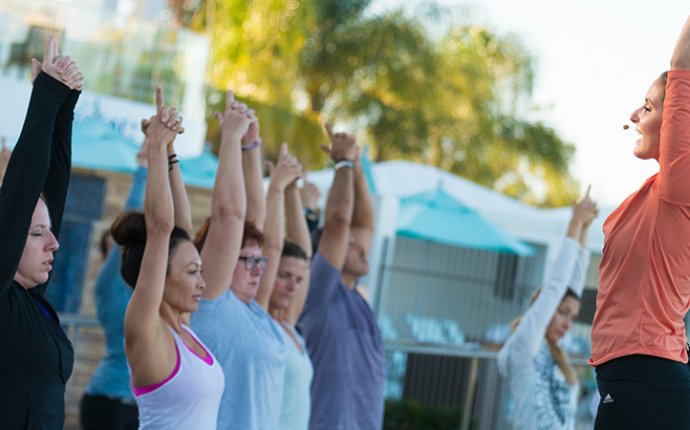
Accredited Ayurvedic Schools
Ayurveda originated in India and is one of the oldest forms of medicine practiced today. Ayurvedic practitioners evaluate clients' physical and personal characteristics to find ways to bring them mental, physical and even spiritual balance. Keep reading for details about certification and education options, and get career info, too. Schools offering .
What Are Ayurveda Certification Requirements?
No national or state certification or license requirements have been established for the certification of Ayurveda as a practice in the United States. However, several schools in the U.S. offer training to become a certified Ayurveda practitioner, though only one is accredited. This campus-based program could work for health care professionals, such as nurses, chiropractors, nutritionists, naturopaths and physical therapists. The 900-hour certification program includes 100 hours of clinical training, where you'll have the opportunity to work with patients under supervision. Ayurveda concepts you may study include:
- The three doshas (energies of the body)
- How the doshas affects health
- Ayurvedic theory
- Herbs
- Nutrition
- Diagnosis
- Disease management
| Requirements for Ayurveda Certification | No established certification or licensure requirements |
| Other Options to Study Ayurveda | As part of the curriculum in a massage therapy program or graduate certificate program in integrative medicine |
| Ayurvedic Career Options | Alternative medical practitioner, masseuse, yoga instructor, herbalist |
What Other Options Are Available?
Some schools offer Ayurvedic courses as part of massage therapy programs or graduate certificate programs in integrative medicine. Individual courses covering how Ayurveda is used in the United States and examining the ways to apply the traditional Ayurveda lifestyle are also available. However, none of these programs are available online either, possibly due to the clinical nature of the program. Through the massage program, you could study techniques to restore balance through massage techniques, oils and herbs used to exfoliate the face and detoxify the body. Through lifestyle courses, you may study the history and theory of Ayurveda and classic Indian thought, as well as using nature for balance, exploring Ayurveda nutrition, discovering your dosha and cleansing the body through Ayurvedic practices.
Through a graduate certificate program in integrative medicine and individual medical courses, you could study Ayurvedic treatments, diagnostic methods and the background of Ayurvedic practitioners. You could also study common Ayurvedic practices, such as yoga, massage, meditation and herbal medication. In the integrative medicine program, you'll study holistic practices designed to further whole-body healing. Some concepts include whole-body Ayurvedic healing principles, where you can learn to use the doshas to prevent disease.
How Can This Be Used in the U.S.A.?
In Ayurveda, practitioners don't look at the individual disease or the symptoms, but rather, they attempt to harmonize each patient with his or her environment. This includes using the dosha, which is the embodiment of your personality, lifestyle, eating habits and body shape, to make treatment decisions. In the U.S., some complementary, integrative and alternative medical practitioners incorporate Ayurvedic principles into their treatments. However, a number of concerns exist surrounding the use of Ayurvedic medicine. Areas of concern include the possible toxicity of some imported medications and a lack of scientific evidence supporting the practice. You can also use Ayurveda as a yoga instructor, masseuse or herbalist.














